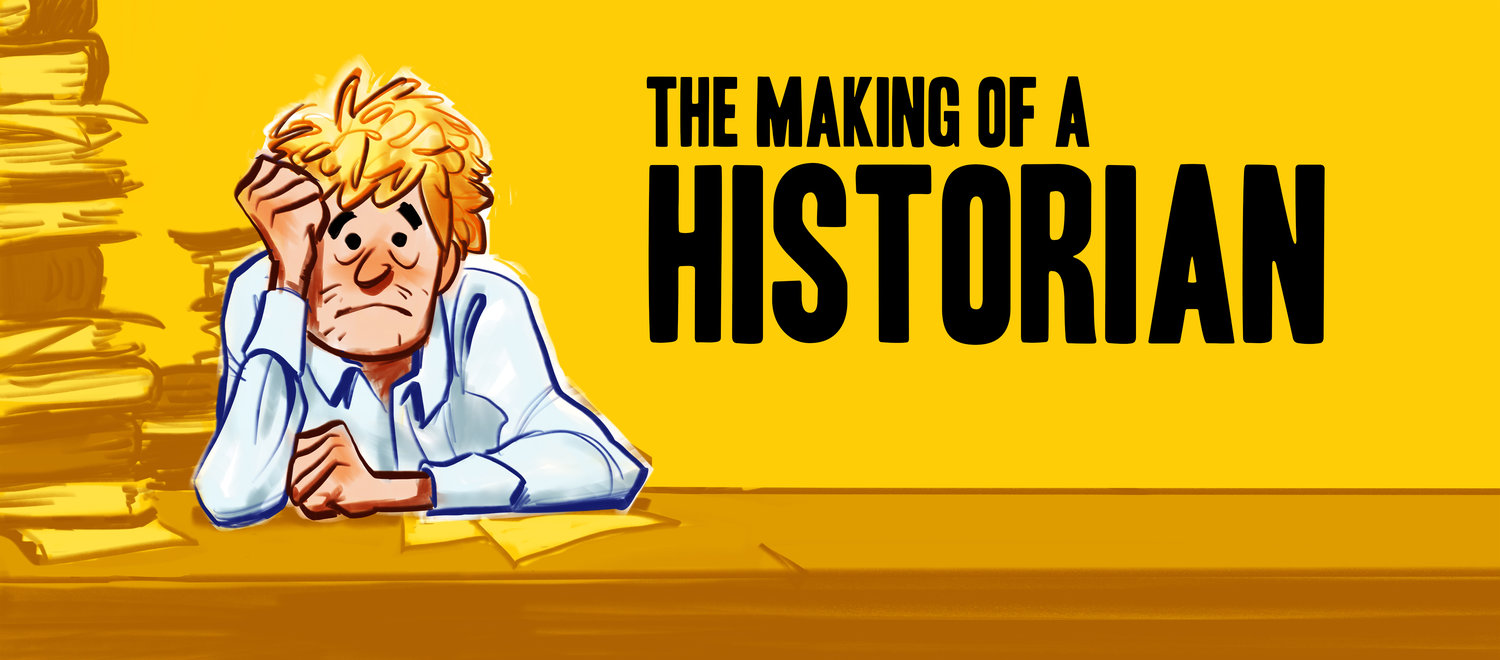Subscribe on iTunes or Stitcher.
In this episode, we talk with PhD Student Varsha Venkatasubramanian about the history of dams in the 20th century. Dams became symbols of development for both capitalist and communist regimes: they provided electricity, water, and big building projects. Then in the 1980s, spurred by a controversial dam project in India, the popular perception of dams started to shift. Maybe dams were dangerous! They displaced people, and destroyed natural habitats. Was the destruction worth the development? How as anyone to tell? Join us for a really interesting conversation that really GOES PLACES.
The story of the Sardar Sarovar Dam started in the first years of Indian Independence, when it was proposed by Nehru as a way of getting electricity and water for irrigation. But it took until 1979 before money could be found for the massive project: a loan from the World Bank. But as the project continued, local people started to protest, eventually forming the social group Narmada Bachao Andolan. The dam would destroy their homes, and the local ecosystem. The protest went viral: first in India, then around the world, but the dam project was not stopped completely: it was finally opened in 2017.
A protest from 2017. From the Indian Express.
And here’s the dam! From Wikipedia.
Book list!
Nick Cullather, Damming Afghanistan: Modernization in a Buffer State
David Ekbladh, The Great American Mission: Modernization and the Construction of an American World Order (America in the World)
Sanjeev Khagram Dams and Development: Transnational Struggles for Water and Power
Christopher Sneddon, Concrete Revolution: Large Dams, Cold War Geopolitics, and the US Bureau of Reclamation


